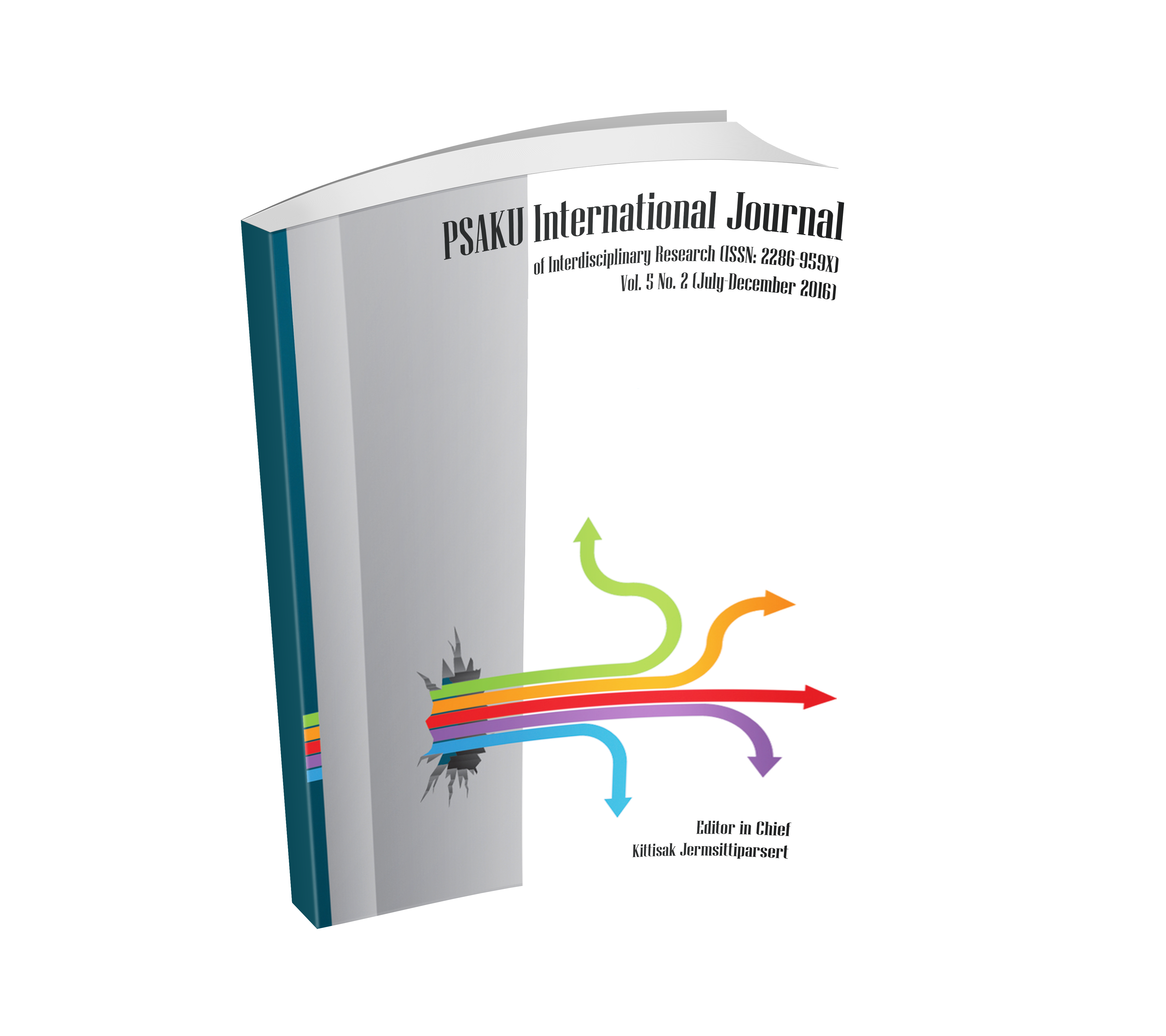The Survival of Traditional Thai Puppet Businesses -Hun Lakorn Lek: Emphasis on National Culture and Competitive Advantage Strategies
Keywords:
Traditional Thai Puppet Business, National Culture, Competitive Advantage Strategies, Resource-Advantage Theory, Living CulturalAbstract
The purposes of this qualitative research were: 1) to explain the history of Hun Lakhon Lek and its performance and strategies from the past; and 2) to represent new strategies by focusing on national culture and competitive advantage strategies to value creation and sustainable development in the future. Data collection and analysis employs by firstly, using secondary data from documents, news, academic research, and using focus group by a participant and MBA 8 of Rajamangala University of Technology Phra Nakhon (RMUTP)-12 persons. The results explain history and performance of traditional Thai puppet business compare with contemporary Thai puppet business. Additionally, it also represents the business strategies by using concept of national culture and competitive advantage strategies.
Downloads












.png)


